Political Science
-

‘Liberal’ government agencies will lose more managers in the age of Trump
A new Republican president could mean a challenge to retain federal employees at government agencies that skew liberal Read MoreFeb 14, 2017
-
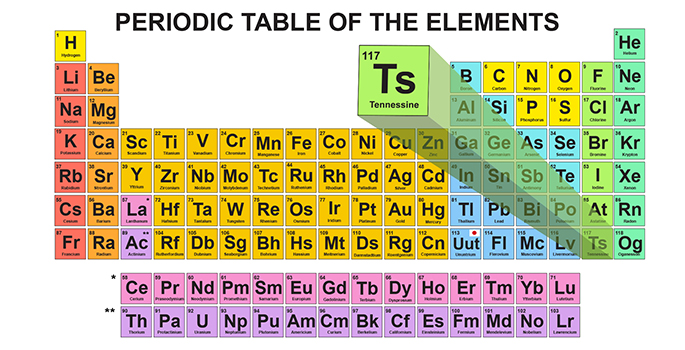
Research that ruled in 2016: Readers’ favorite stories
Artificial kidneys, gay-straight alliances and junkyard batteries captured readers' attention in 2016. Read MoreDec 16, 2016
-
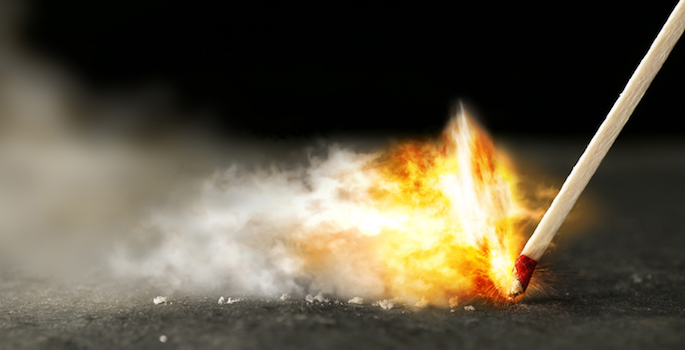
Vanderbilt expert predicted rise of white nationalism in 2002
The rise of white nationalism was predicted in a book written by Vanderbilt professor Carol Swain in 2002 Read MoreNov 21, 2016
-
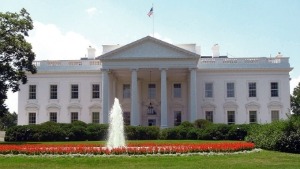
Vanderbilt professors on the new president’s first 100 days
Vanderbilt experts in political science, sociology, history and law are available to discuss the all-important first 100 days of the new presidency. Read MoreNov 4, 2016
-

Expert: Overhaul of ‘crazy’ presidential appointee system needed
Overhaul of how political federal employees are appointed is urgently needed, says Vanderbilt Professor David Lewis Read MoreNov 4, 2016
-
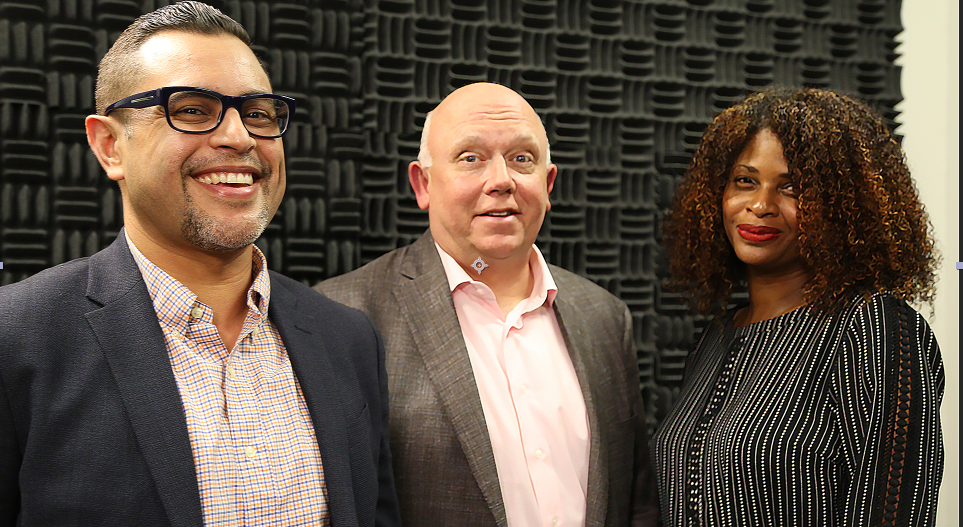
Post-Election 2016: Beyond the headlines
Vanderbilt professors John Geer, Efrén Pérez and Tracy Sharpley-Whiting discuss the 2016 presidential election. Read MoreOct 20, 2016
-
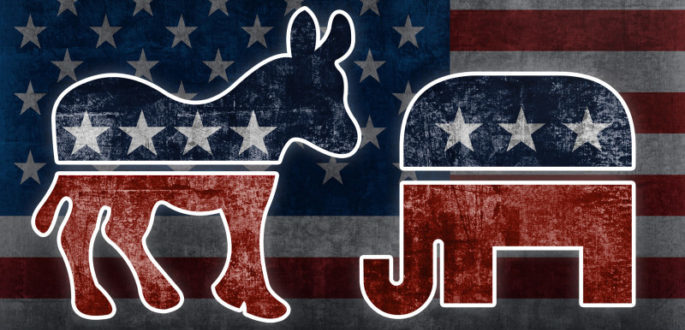
Sorting through the political polls: expert
A little savvy when it comes to interpreting political polls can be very helpful for members of the public looking for some insight. Read MoreOct 13, 2016
-
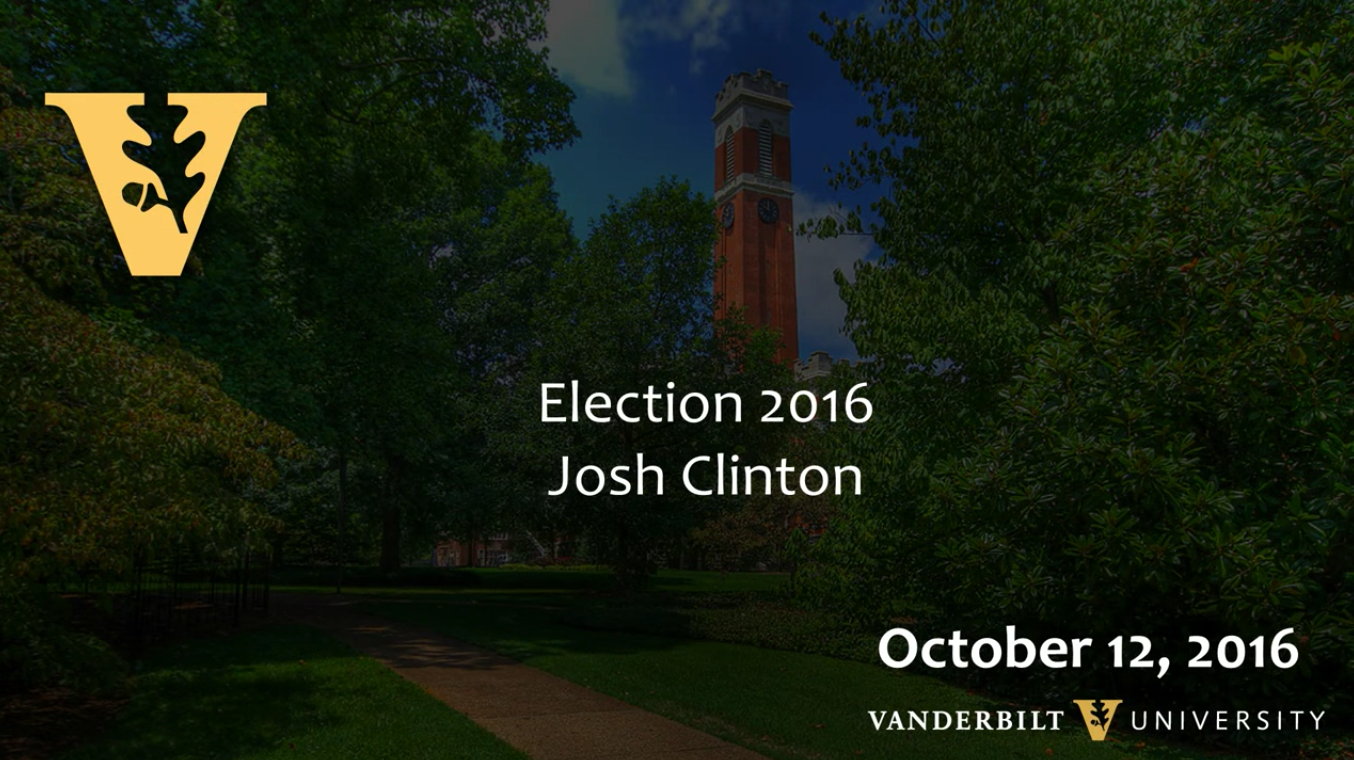
Election 2016: Josh Clinton, 10.12.16
This Osher Lifelong Learning course will examine the upcoming 2016 elections from every angle. We will look at the effects of political advertising as well as the changing art of political polling in an era when people avoid taking surveys. We will examine the potentially historic effects this election might… Read MoreOct 12, 2016
-

Expert explains the power of implicit bias
Biases that people hold below the surface are influencing how they view this electoral season, as well as major political issues. Efrén Pérez is an expert and wrote a book on the topic. Read MoreSep 29, 2016
-
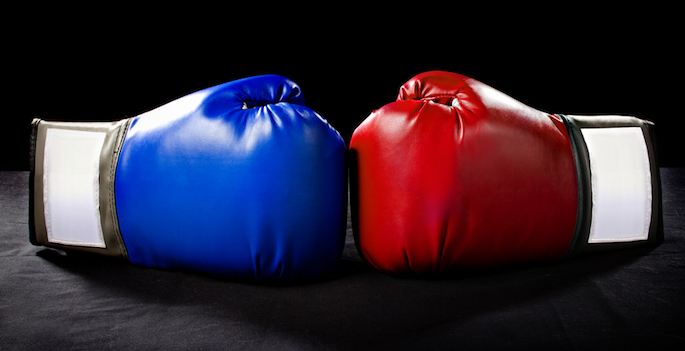
Expert: Campaign will get uglier as election approaches
More ugliness is in the forecast for the presidential campaign, says a Vanderbilt professor. Read MoreAug 1, 2016
-
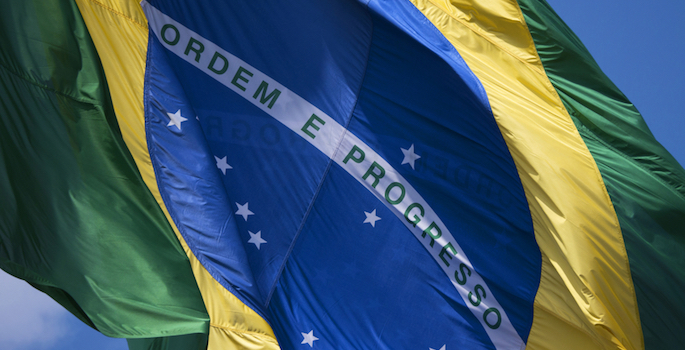
TIP SHEET: Experts can comment on Olympics in Brazil
Three sources available from Vanderbilt University for stories about the 2016 Olympics are put forward to journalists Read MoreJun 7, 2016
-
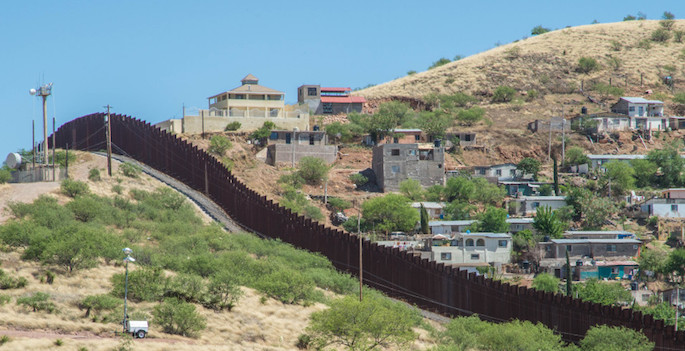
Trump’s ethnocentrism will bring voters to the polls, pro and con
Ethnocentrism, a term explained in a 2009 book by Vanderbilt's Cindy Kam, is showing up in a major way as a driver in the campaign of Donald Trump. Read MoreMay 26, 2016
-
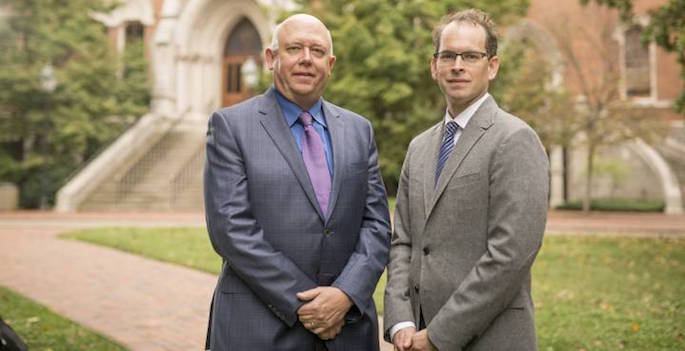
MEDIA ADVISORY: Vanderbilt Poll news conference is May 19
Reporters are invited to a May 19 news conference unveiling the results of the latest Vanderbilt Poll-Tennessee Read MoreMay 10, 2016
-
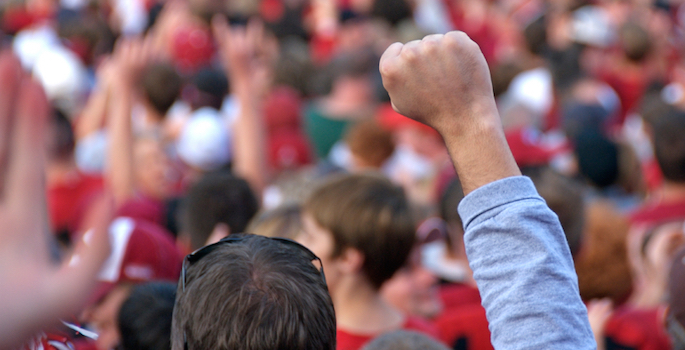
Trump appeals to the authoritarian within: Vanderbilt researcher
Many of Donald Trump’s supporters share a view of the world as a chaotic, threatening place that is changing too rapidly, says a political scientist at Vanderbilt University, and this authoritarian outlook may be what’s drawing them to the strong rhetoric of Trump. Read MoreApr 19, 2016
-
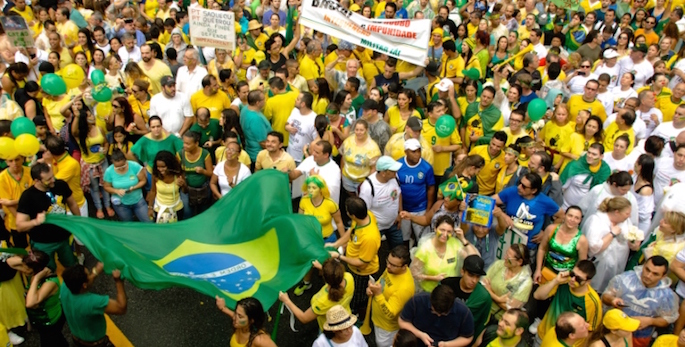
Brazilian government losing respect of citizens quickly: LAPOP
Public opinion date gathered by Vanderbilt University's Latin American Public Opinion Project shows that the people of Brazil have lost confidence in their political institutions. Read MoreApr 1, 2016
-

Harsh immigration rhetoric pushes Latinos away: Survey
When Latinos hear tough talk about immigrants and immigration from politicians, their level of political trust is reduced and they start identifying more with their ethnic group than other qualities such as class or religion. Read MoreMar 4, 2016
-
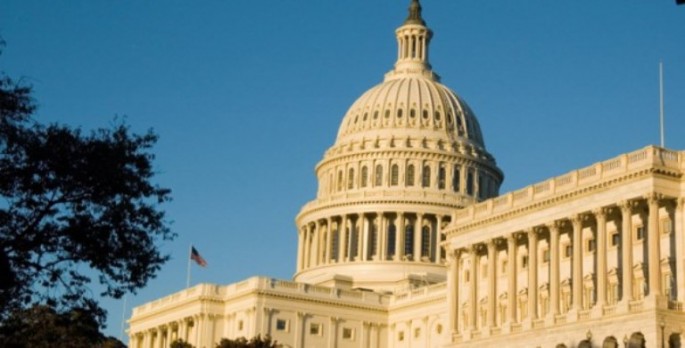
Congress in danger of losing relevancy as presidents work around it
By obstructing most legislation President Obama sends its way, Congress has weakened rather than exercised its power, says a Vanderbilt University political expert. Read MoreJan 28, 2016
-
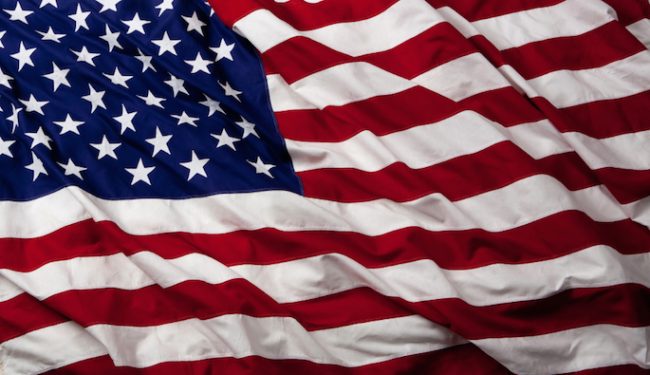
State of the Union address – Vanderbilt experts available
President Obama is set to talk to the nation on Jan. 12 for his final State of the Union address. Vanderbilt has an array of experts available. Read MoreJan 7, 2016
-
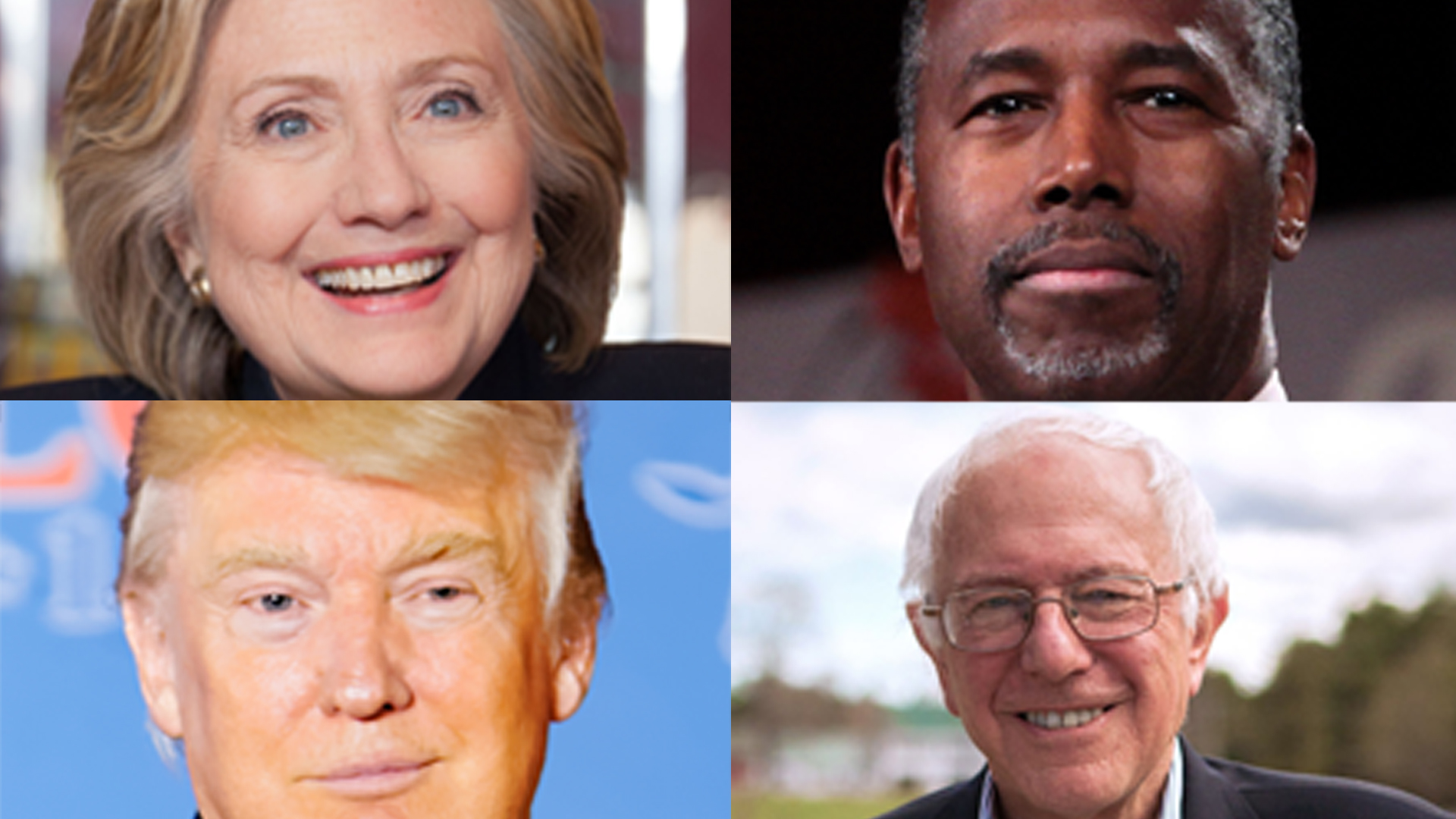
VUCast: Who looks like a leader to you?
In the latest VUCast: Find out why gender matters when you envision a president, leader or CEO; see what Vanderbilt blasted into space and what it's doing now; and learn how the price of cigarettes is saving babies' lives. Read MoreDec 17, 2015
-
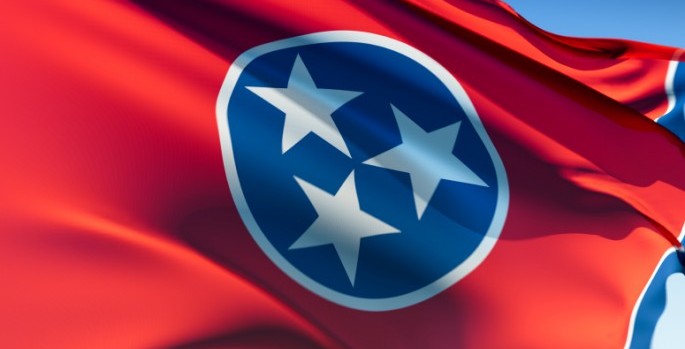
Vanderbilt Poll reveals statewide attitudes toward pressing issues
Results of the latest Vanderbilt Poll on Tennessee issues will be released on December 4 in the Student Life Center on the Vanderbilt campus. Read MoreDec 1, 2015